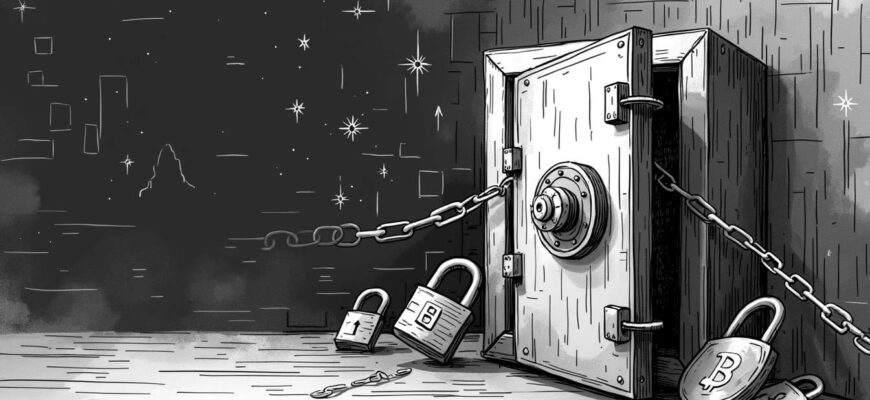The US has decided to return the stolen Bitcoin to Bitfinex. This is a big deal, and I can’t help but wonder how this will affect the regulation of crypto exchanges going forward. The whole situation highlights that the government has some serious skills when it comes to tracking and recovering digital assets, but it also raises questions about security and how things will play out for centralized versus decentralized exchanges.
The Background of the Restitution
In the latest court filings, the US has determined that they will return 94,643 units of stolen Bitcoin (BTC) from the 2016 Bitfinex hack to the exchange itself. This accounts for nearly 80% of the total 119,754 BTC that was stolen nine years ago. So, how did they manage to recover this stash? Well, it took a ton of investigation over the years. The Department of Justice states that this return is pending court approval. It’s not just the BTC, either; they’ll also return Bitcoin Cash, Bitcoin Satoshi Vision, and Bitcoin Gold that were generated from subsequent hard forks. The filing claims that “For the foregoing reasons, there is no ‘victim’ for the specific offenses of conviction in this proceeding.” Basically, they seem to think that Bitfinex is the only victim to this crime.
Regulation of Crypto Exchanges and the Ripple Effects
This restitution could have some serious implications for the regulation of crypto exchanges, and here’s why. It goes to show that the government can actually identify and compensate victims of crypto crimes. That’s a huge step forward and sets a precedent for future cases that involve stolen cryptocurrencies. It shows that they have the capability to track and recover illicitly obtained currencies, and this might make criminals think twice.
While this doesn’t change existing regulations per se, this aligns with the government’s intention to keep legitimate crypto activities alive while curbing illicit uses. And, let’s be honest, companies that don’t comply with regulations could be in for a world of hurt.
Risks and Benefits of Returning Stolen Crypto
Now, would returning stolen cryptocurrency to centralized exchanges like Bitfinex be worth it? Well, let’s consider both sides.
Risks: First off, there’s the issue of security. Even if these exchanges have solid security measures, they can still fall prey to hackers. Bitfinex, for example, wasn’t immune to this, having lost nearly 120,000 BTC despite their multi-signature wallets. Also, cryptocurrency accounts aren’t insured by any government; if an exchange goes under, good luck getting your money back. Then, there’s the legal mess that comes with returning stolen funds. You might need a court order and inter-jurisdiction cooperation.
Benefits: But on the flip side, the funds are returned to the rightful owners. Plus, these incidents can push exchanges to bolster their security protocols. After the Bitfinex hack, for instance, they implemented a series of enhanced safeguards. Lastly, it can also bolster user trust—at least a little. Bitfinex compensated users post-hack, which helped maintain some degree of confidence.
The Future of Crypto in the US
The return of the Bitcoin to Bitfinex can set legal precedents for future crypto cases, especially since the court’s decision could influence how courts view victim status in crypto theft cases. We’ll see how this plays out during the restitution hearing scheduled for February 25, 2025. This could reshape the entire crypto recovery framework, possibly making users more inclined to trust decentralized models.
Centralized exchanges have security risks because of their structure and the fact that they hold users’ funds. They can also face complex legal issues, which makes users think twice about using them.
In conclusion, the return of the stolen Bitcoin does bring with it some advantages, but I’ll be watching to see how all this unfolds.








